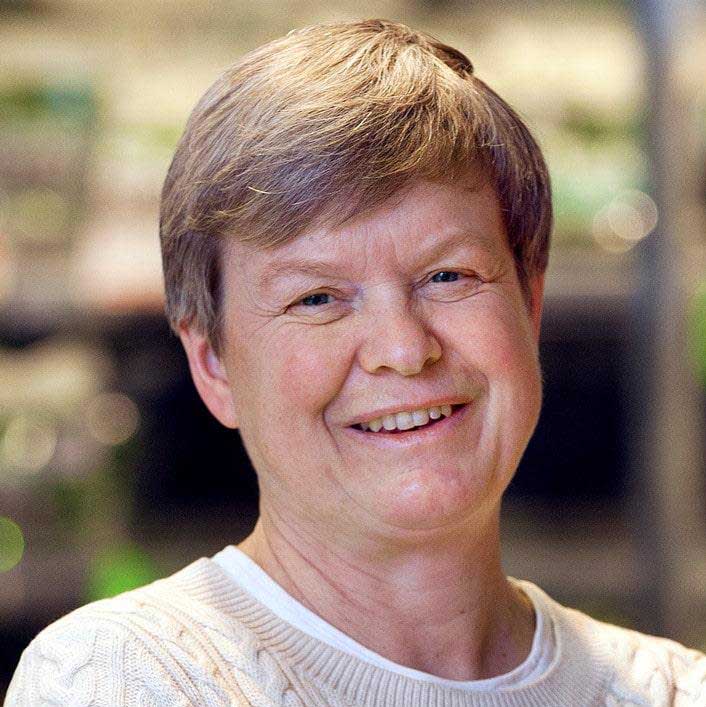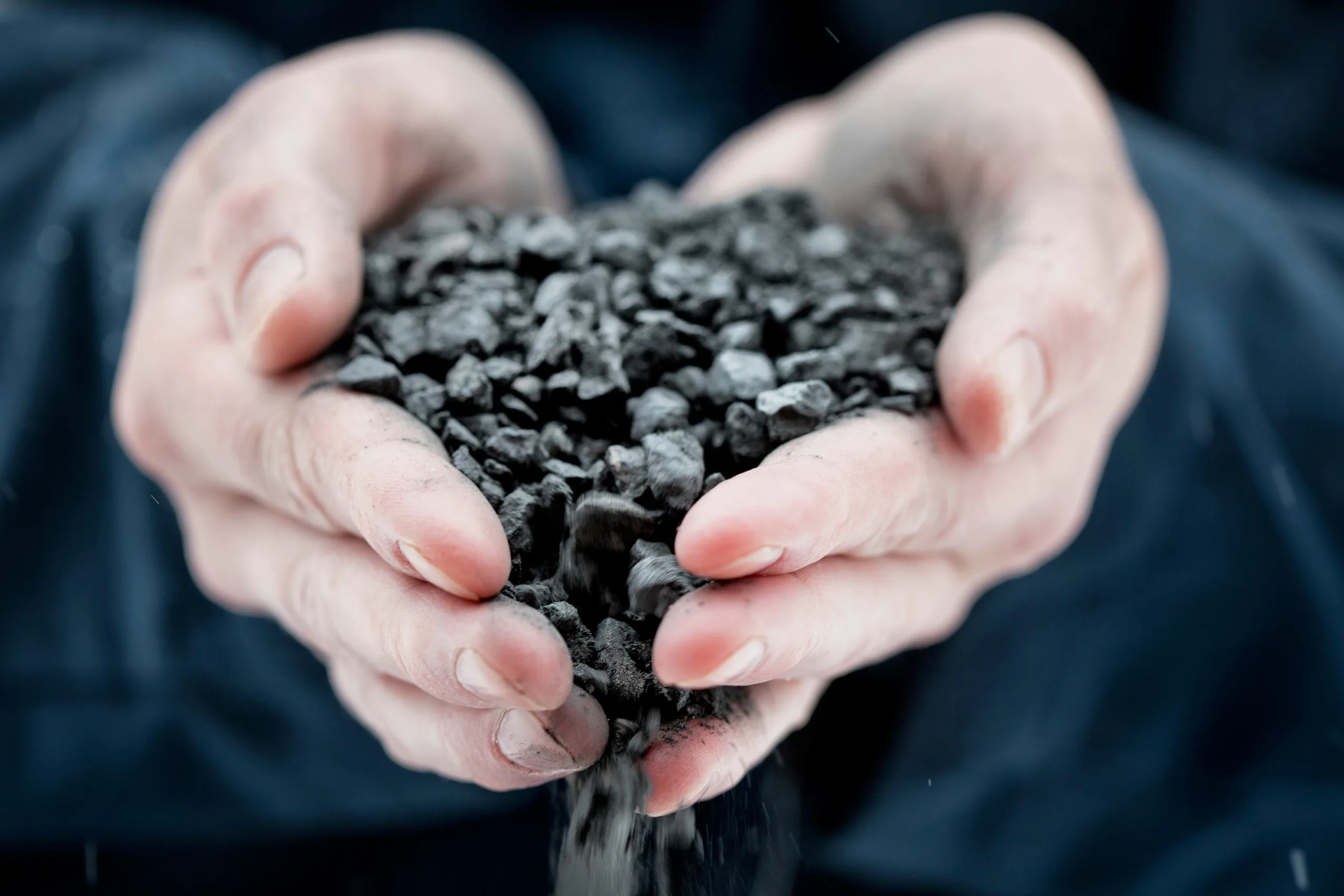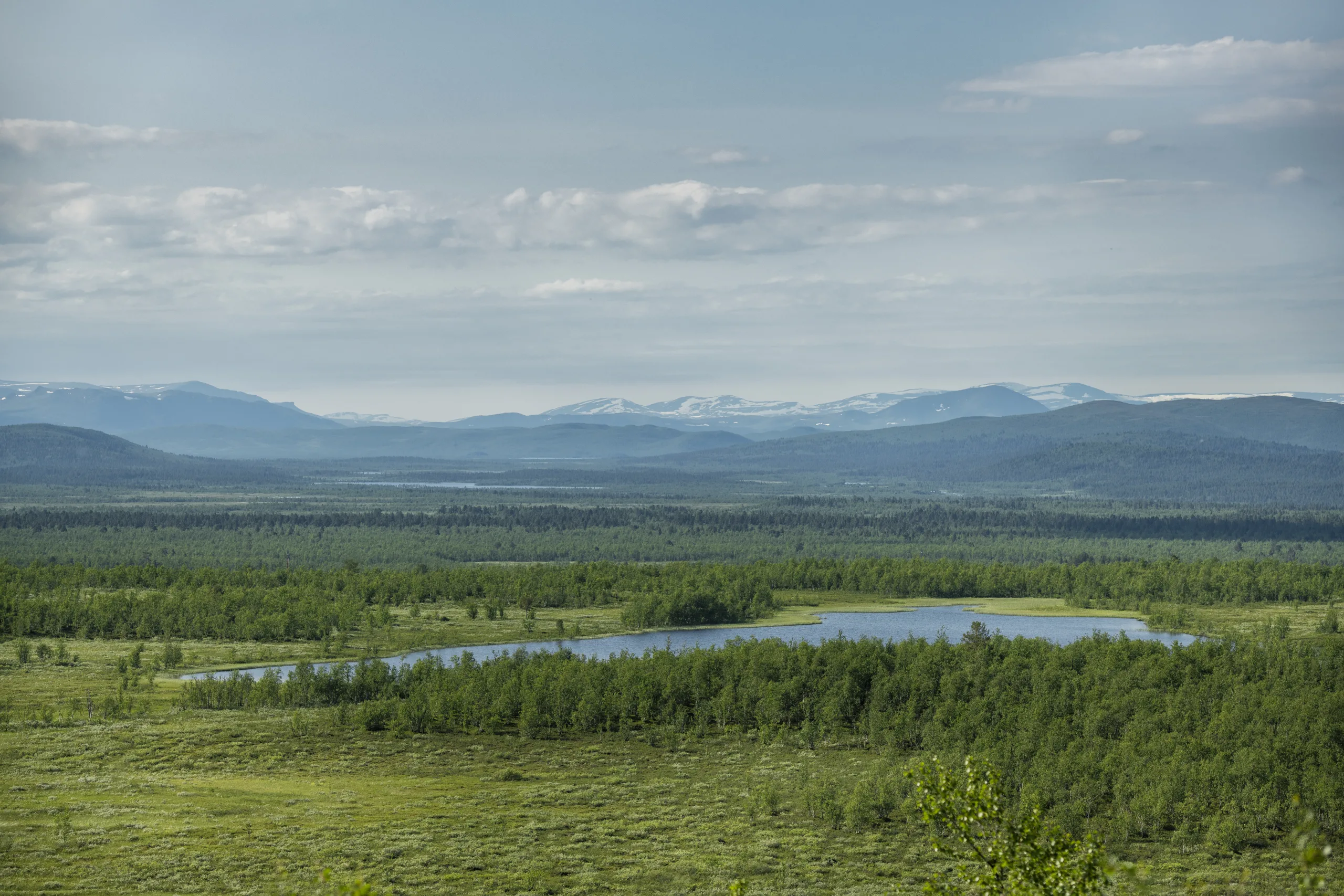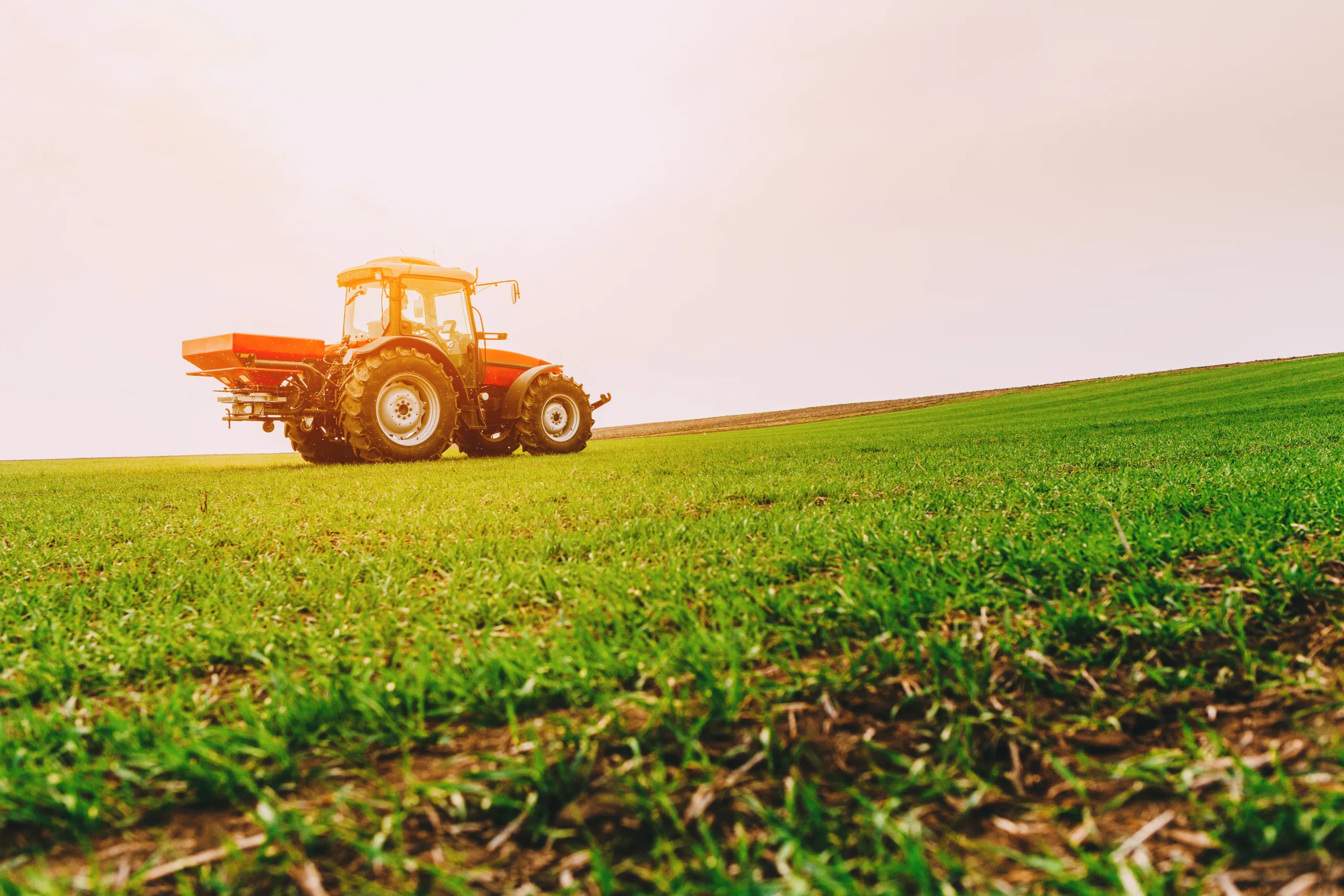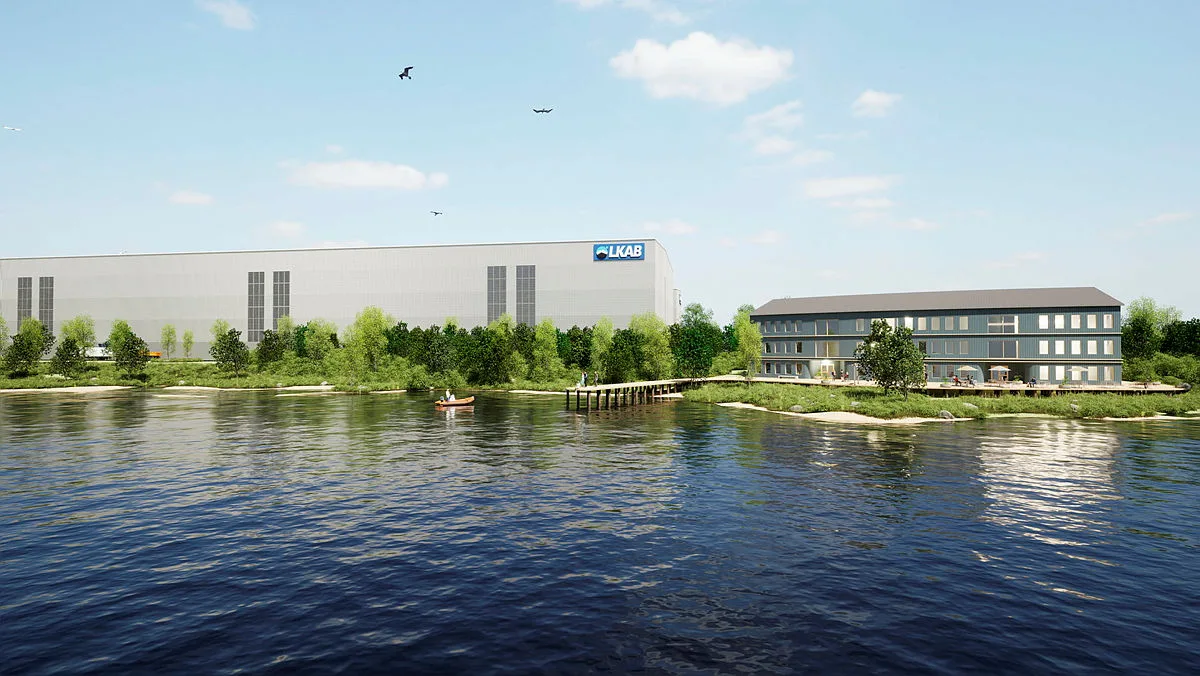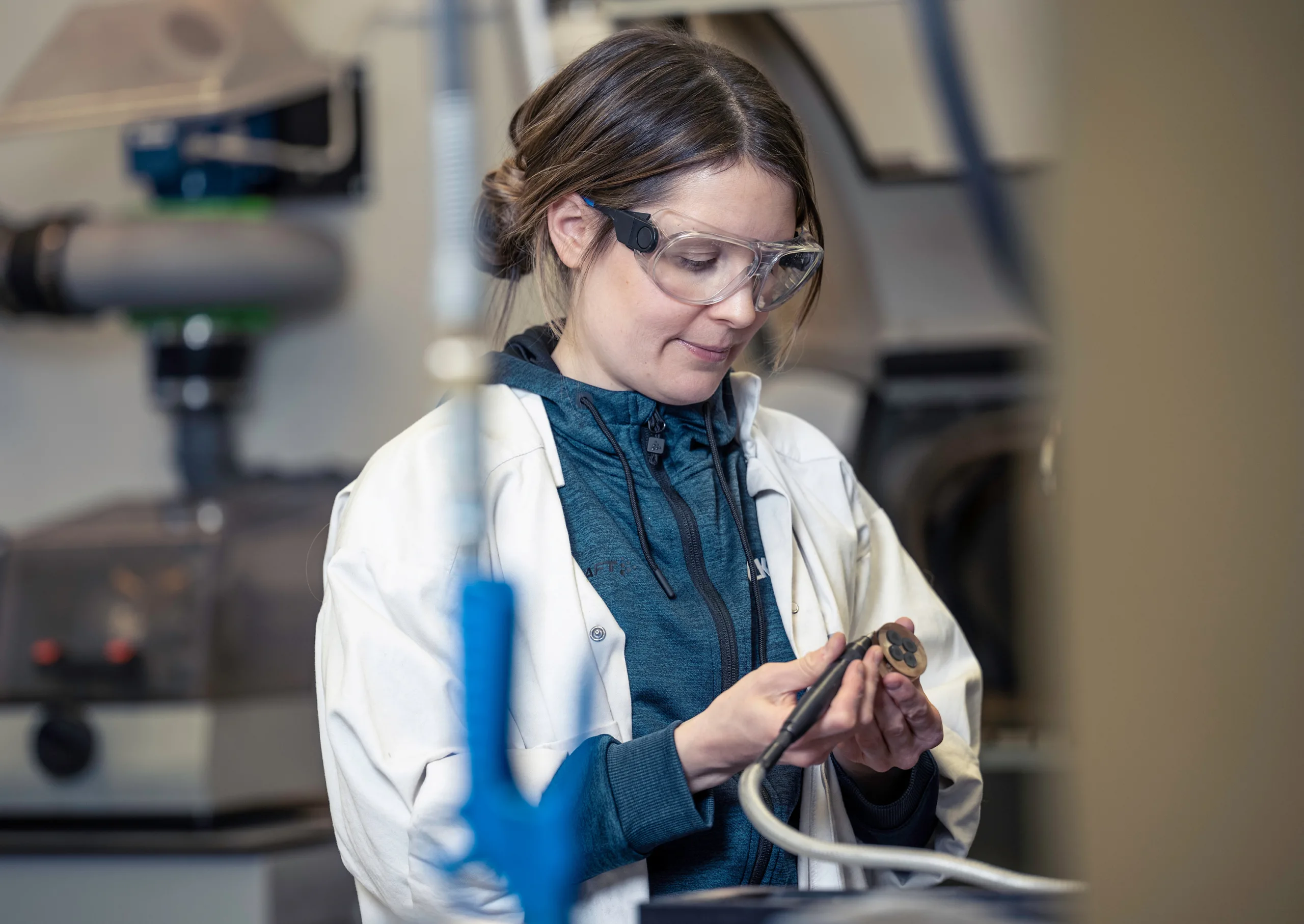
Phosphorus from mine waste puts food on the table
Agriculture and the mining industry can be perceived by many as industries that stand far apart. The sun drives green production on arable land while mining digs holes into the bedrock to gain access to resources.
Agriculture is a bioeconomy that produces carbon compounds while the mines take inorganic substances that have nothing to do with a flow of solar-powered production. The industries are actually closely related, as agricultural land needs to be resupplied with minerals such as phosphorus, potassium and magnesium lost at harvest.
An average Swede consumes approximately one kilo of phosphorus per year from food, and with approximately ten million people in Sweden, that means our agricultural land needs 10,000 tonnes of phosphorus. Much of Sweden’s agricultural land contains a good amount phosphorus, but it can be difficult for plants to access, which is why the land is supplemented with a phosphorus-based fertiliser.
Nowadays, the EU imports most of the phosphorus from other parts of the world. In Sweden, apatite was mined for phosphorus production as a byproduct of LKAB’s iron ore as early as 1980. Even though the quality of the phosphorus fertiliser produced was good and came with a naturally low content of cadmium, production ceased.
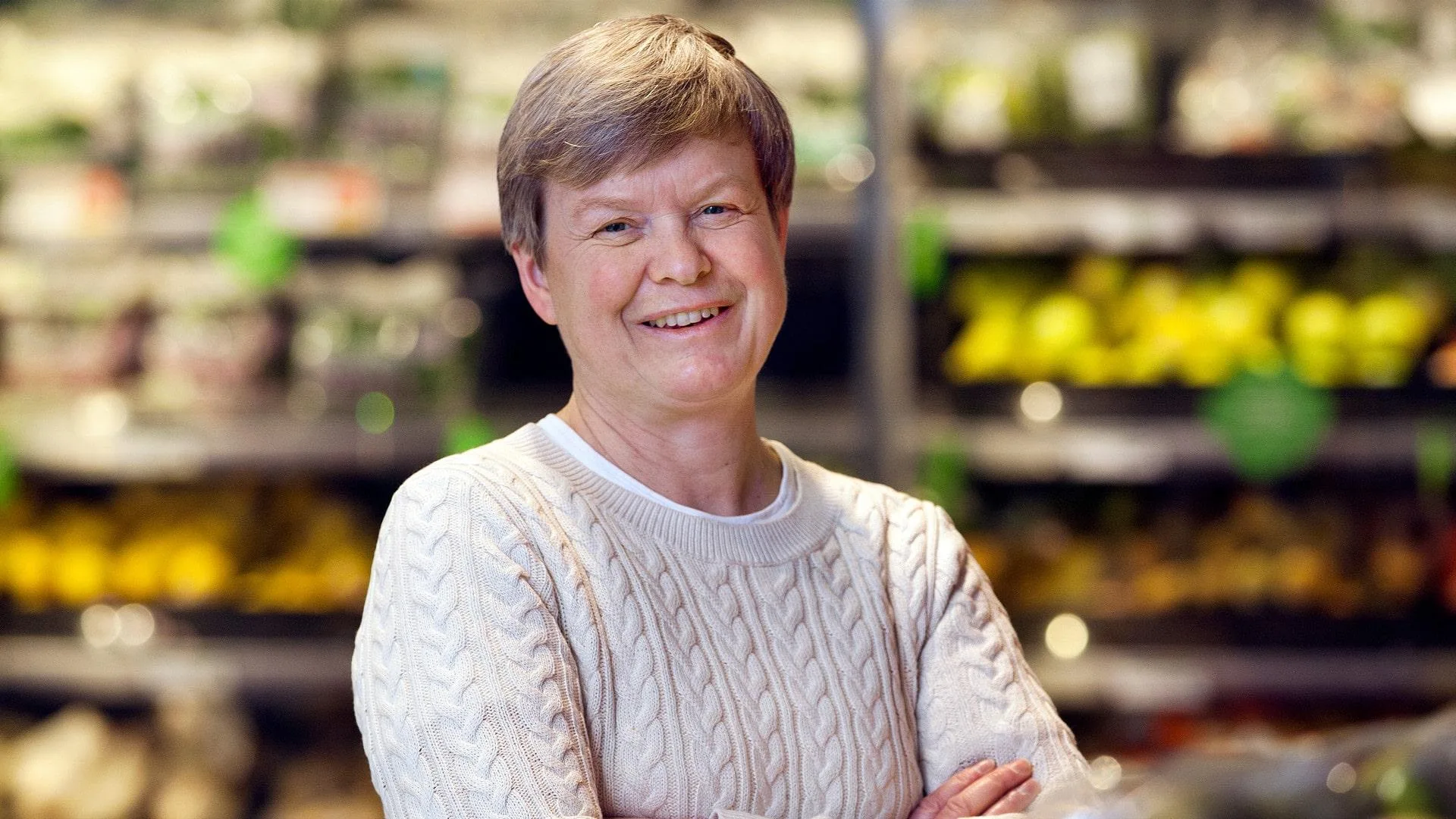
”Agriculture should start using fertilisers containing recycled phosphorus, as well as phosphorus as a by-product from iron ore, as soon as possible"
Åsa Domeij, Chairman of the Delegation for circular economy and Head of Sustainability at Axfood.
Mining is undoubtedly associated with a large intrusion in the environment, and that’s why it’s so important that all raw materials found in the ore are put to good use. In Kiruna and Malmberget, there’s a lot more than iron that society can benefit from. It is gratifying to know that there are now plans to start producing phosphorus fertiliser again to extract the critical rare metals needed for the green transition. It’s often said that Sweden has a low degree of self-sufficiency and that fertiliser production is important form a total defence readiness perspective.
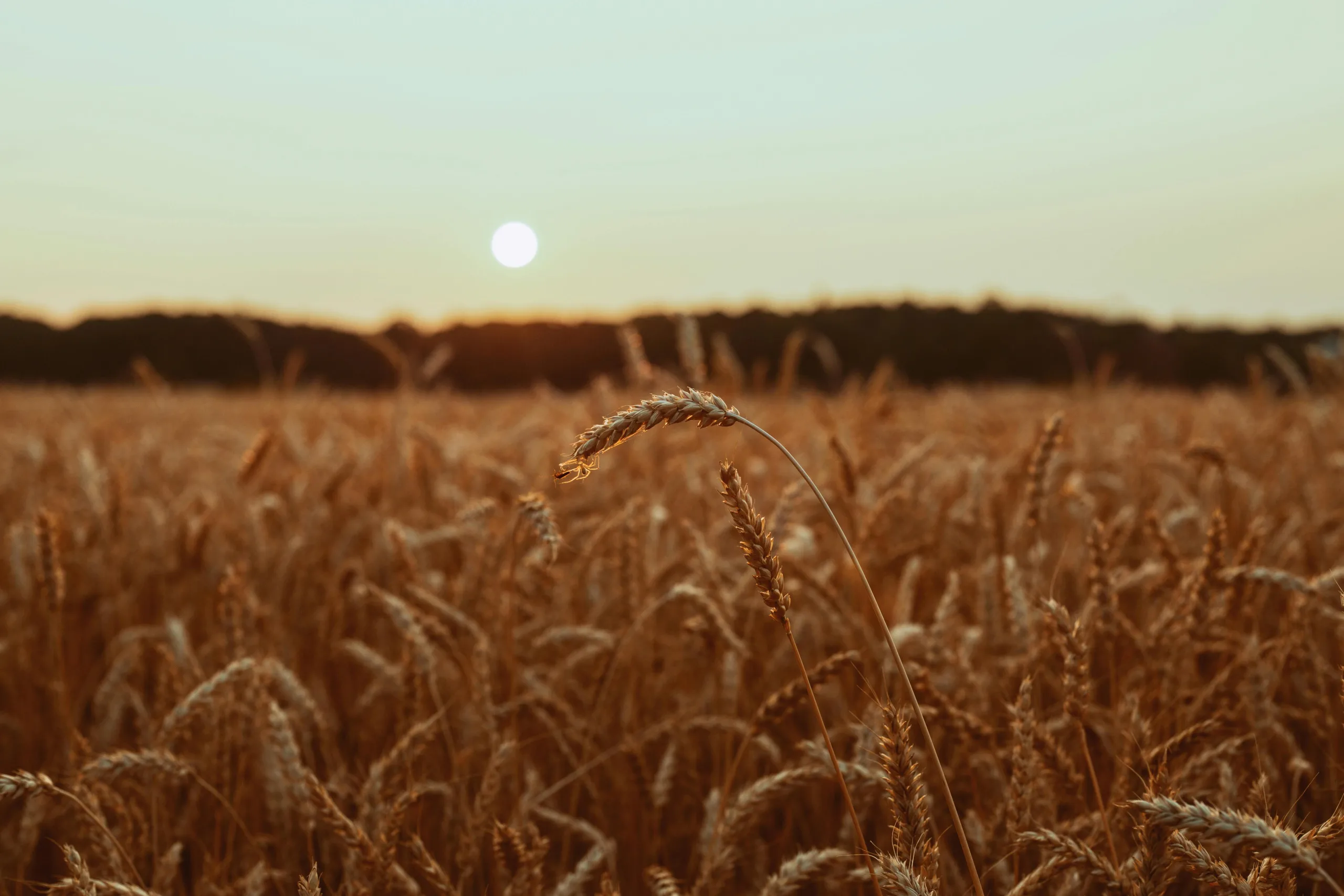
A finite resource
We need to produce fertiliser in Sweden while becoming better at using plant nutrients’ residual flows through more circular systems. Recovery of phosphorus in Swedish iron ore is not only important from an isolated Swedish perspective. We also need to take greater responsibility globally. Phosphorus is a finite resource and the demand is even higher in regions of the world older and more depleted soil. It’s important to utilise residual flows derived from Swedish plant nutrition to ensure the security of Swedish supply and global food supply a like. Agriculture should start using fertilisers containing recycled phosphorus, as well as phosphorus as a by-product from iron ore, as soon as possible.

